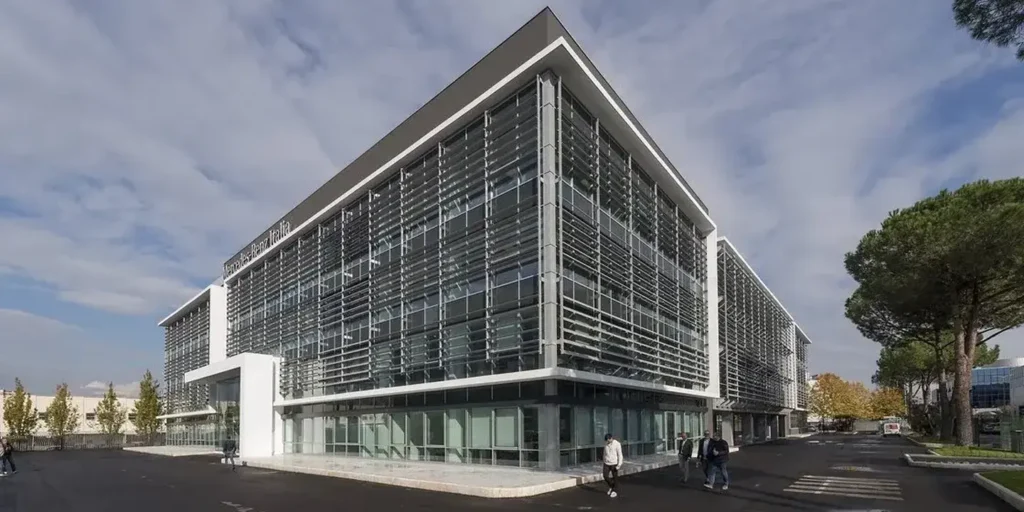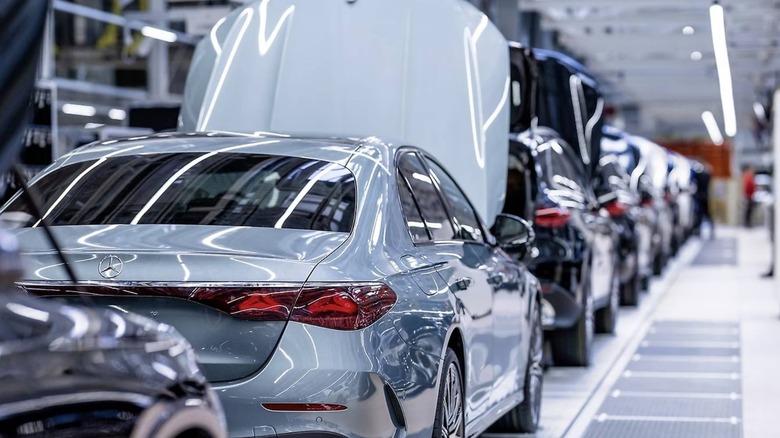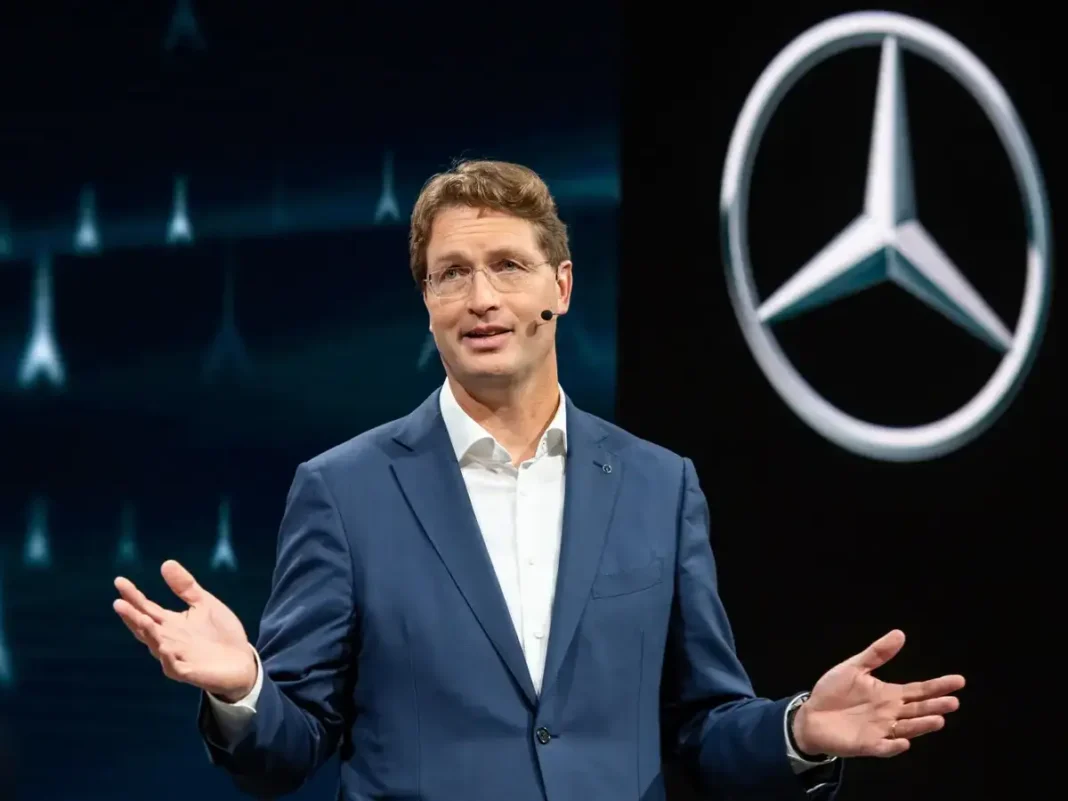The European Union (EU) considers imposing tariffs on Chinese-made electric vehicles (EVs), Mercedes-Benz CEO Ola Källenius has called for a balanced and fair approach to resolve the ongoing trade dispute. Speaking at the Shanghai Auto Show, Källenius emphasized the importance of competition in driving innovation and cautioned against protectionist measures that could harm both European and Chinese interests.
The EU’s investigation into Chinese EV subsidies has led to proposed tariffs ranging from 17.4% to 38.1%, depending on the manufacturer. These measures aim to protect European manufacturers from what the EU perceives as unfair competition. However, Källenius and other industry leaders argue that such tariffs could backfire, potentially escalating trade tensions and hindering the global transition to electric mobility.
The proposed tariffs have implications for the automotive industry. German automakers, including Mercedes-Benz, BMW, and Volkswagen, have expressed concerns that these measures could disrupt their operations and damage their relationships with China, a key market for their vehicles. Mercedes-Benz, manufactures several models in China and relies on the Chinese market for a substantial portion of its sales.

The EU’s investigation into Chinese EV subsidies has been ongoing for several months. The European Commission’s findings suggest that Chinese manufacturers benefit from significant government support, allowing them to offer EVs at lower prices than their European counterparts. This has raised concerns among EU officials about the potential for market distortion and the impact on European jobs and industries.
Volkswagen has also expressed concerns that the tariffs will not achieve the EU’s aim of strengthening the competitiveness of the European automotive industry. The company argues that the timing of the EU Commission’s decision is detrimental to the current weak demand for battery electric vehicles (BEVs) in Germany and Europe. The negative effects of this decision, Volkswagen contends, outweigh any potential benefits for the European and especially the German automotive industry. citeturn0search6
The imposition of tariffs on Chinese EVs could have far-reaching consequences for the global automotive market. Beyond the immediate impact on European manufacturers, such measures could lead to retaliatory actions from China, potentially affecting European exports and investments in the region. Such a scenario could escalate into a broader trade conflict, undermining efforts to promote international cooperation and sustainable development in the automotive sector.
As the EU continues to deliberate on the proposed tariffs, the automotive industry remains vigilant. The outcome of this dispute will have significant implications not only for European manufacturers but also for the broader global automotive market. It will shape the future of international trade relations, influence the pace of electric mobility adoption, and determine the role of China in the global automotive landscape.

For now, the industry watches closely, hoping for a resolution that promotes fair competition, fosters innovation, and supports the shared goal of a sustainable and prosperous automotive future.




